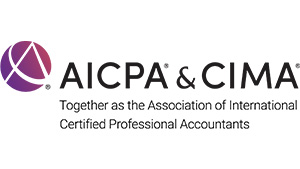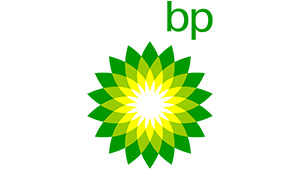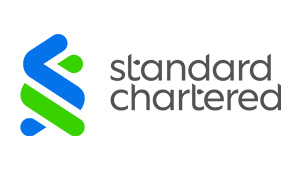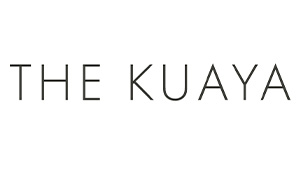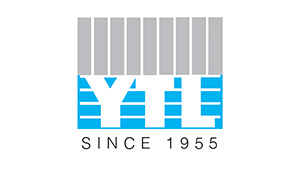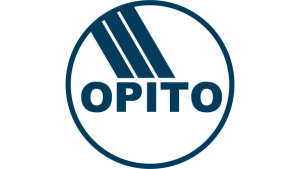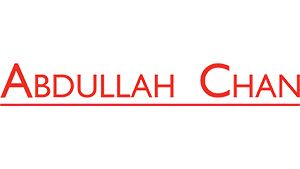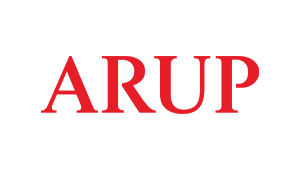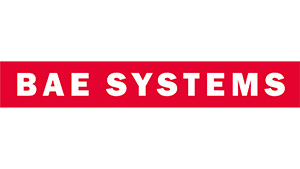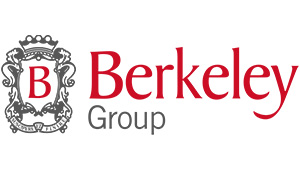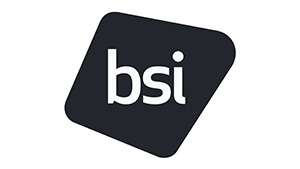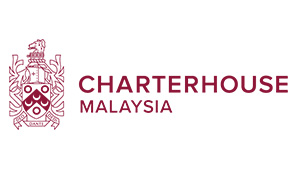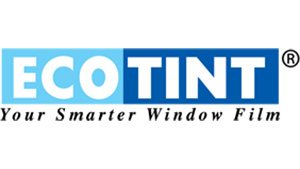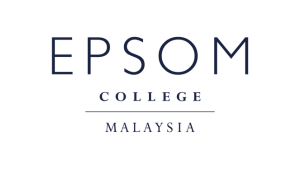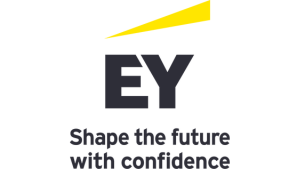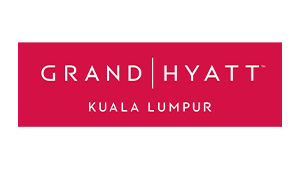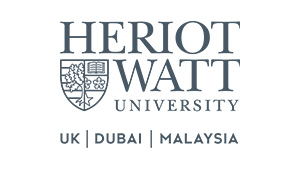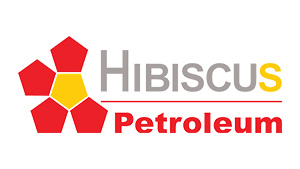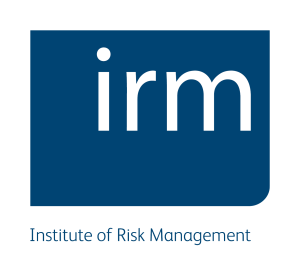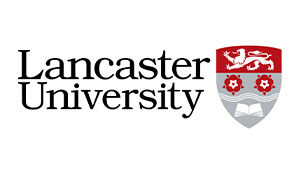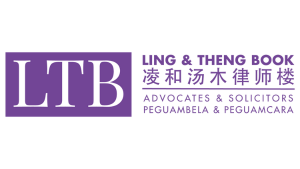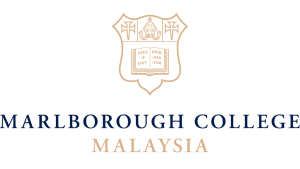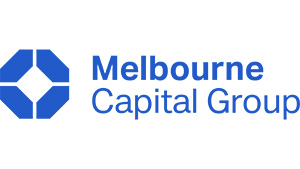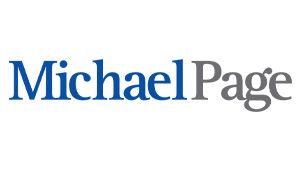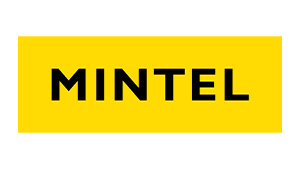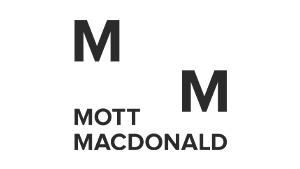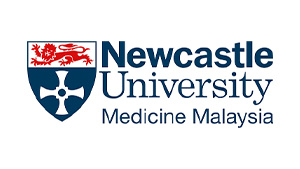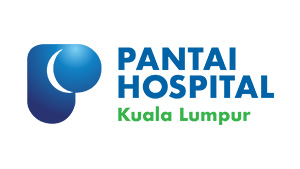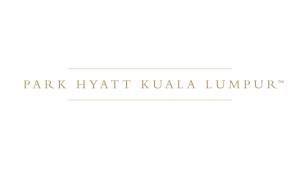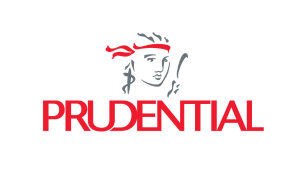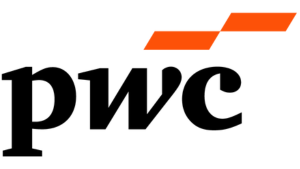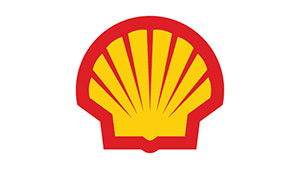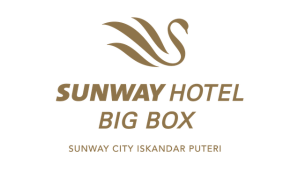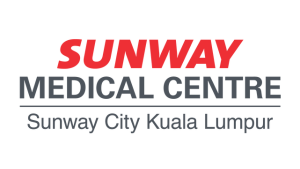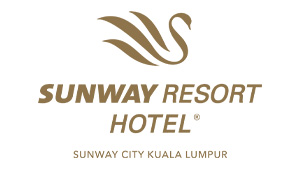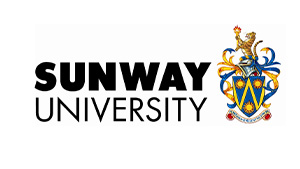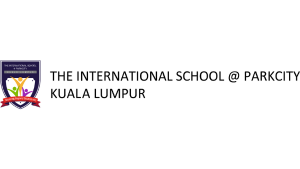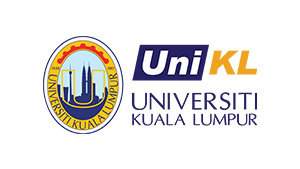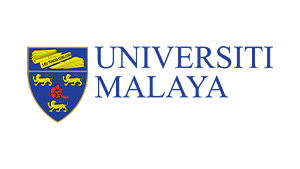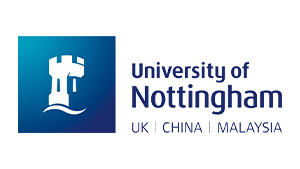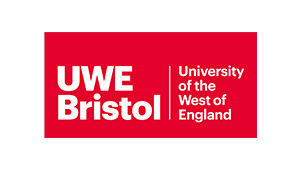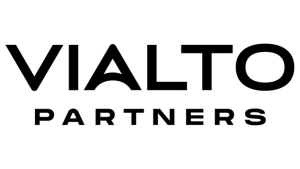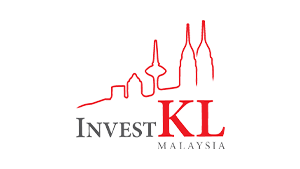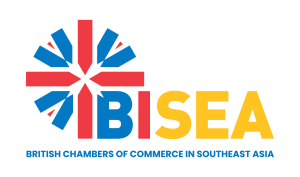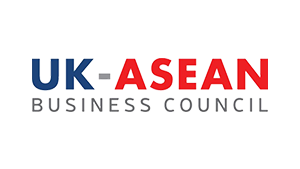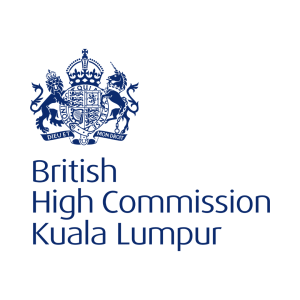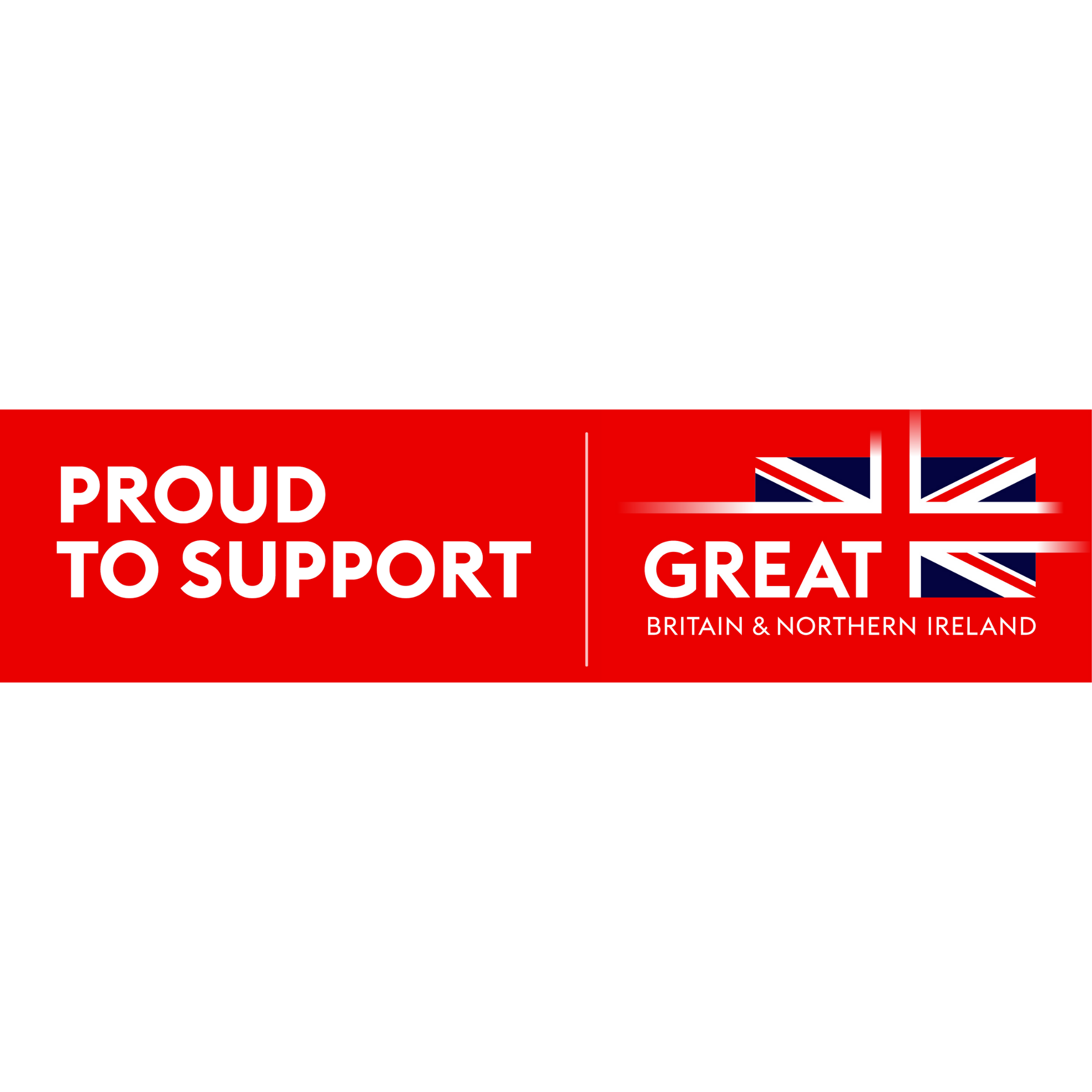Lau CL, Malaysia Leader, Arup
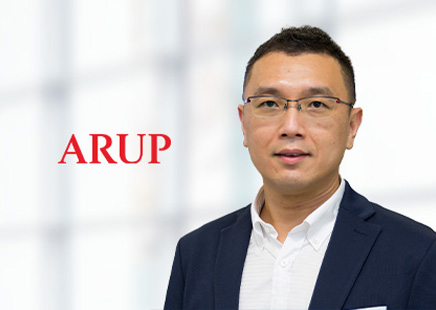

This year, we celebrated our 60th anniversary in Malaysia – our sustainable development and engineering firm has been shaping the Malaysian landscape since 1964. Our business has evolved and expanded from building engineering focus to infrastructure across the energy, water, resources and transport sectors, as well as advisory services, planning and digital solutions. For us, it’s all about creating a more sustainable built environment for Malaysia—one project at a time.
What are some of your organisation’s proudest moments/milestones/projects in Malaysia?
Over the years, we’re proud to have contributed to award-winning developments across Kuala Lumpur, Penang, and other states. From our first project in Malaysia in 1964, the General Hospital in KL, and our first project in Penang, KOMTAR Tower, to the STAR Light Rail Transit in the 90s, and more recently the Klang Valley MRT Putrajaya line, SPICE Convention Centre in Penang, Merdeka 118 which is the tallest building in Malaysia, and masterplans in Johor, Sabah, and Sarawak, our projects have been an integral part of Malaysia’s development.
What are Arup’s reasons for its long-term presence in and commitment to Malaysia?
Arup’s long-term commitment and presence in Malaysia is built on our local team’s skills, relationships and knowledge of the unique local landscape allowing us to address complex challenges effectively. Whether it’s designing critical infrastructure or devising solutions to reduce carbon emissions, we bring a holistic perspective and a partnership approach and are well placed to help tackle some of Malaysia’s challenges into the future.
Describe your operations and total investments in Malaysia?
Today, Arup’s team of more than 300 people in Malaysia delivers comprehensive engineering and advisory services throughout a project’s lifecycle. From inception to completion and beyond, we cover vision, strategy, business case development, planning, engineering, project implementation, operational readiness, and asset management. Our services span various domains, from technical consulting to advisory services, planning and delivery of sustainable infrastructures.
Building on our strong relationships and positive reputation, we have recently taken the opportunity to bolster the local leadership team. Along with my own appointment as Malaysia Country Leader, I am joined by Fazidin Faisal and Brian Yu as our operation group leaders and Wong Sik Kwang as our Northern Region Office Leader, reinforcing our commitment to diversify into new markets and services while continuing to serve our existing clients and partners in Arup’s core businesses within Malaysia.
Based on your overall experience, name the advantages and challenges of doing business in Malaysia – what are you doing to overcome these challenges?
One of the exciting things about Malaysia is the dynamic landscape with a strong appetite for innovation—one where challenges can be seen as opportunities waiting to be harnessed. Certainly, the regulatory environment can be intricate, but our local knowledge and strong partnerships means we are well placed to successfully navigate this landscape. Rapid urban growth demands innovative solutions. Arup has proven ability to reimagine transportation networks, sustainable buildings, and smart infrastructure—contributing to the nation’s progress. Malaysia’s tropical climate poses challenges but Arup’s expertise in developing flood-resistant structures, nature-based solutions, harnessing renewable energy, and promoting eco-friendly practices all contribute positively.
Based on your experience what are the 3 most important criteria for achieving business success in Malaysia?
- Business agility: the ability to adapt swiftly to evolving market conditions and seize opportunities,
- A commitment to investing in local teams and skills: nurturing talent within the local workforce to drive innovation and growth, and lastly,
- Strong partnerships and local knowledge: building collaborative relationships and leveraging insights specific to the Malaysian context.
How has your business evolved over the last 60 years to meet the needs of its clients in Malaysia?
Over the past six decades, our firm has evolved and expanded its skills to meet needs of our clients. Initially rooted in civil, structural, mechanical and electrical engineering, we have broadened our scope, today’s engaging in infrastructure projects spanning the energy, water, resources, and transport sectors, as well as advisory services, planning and digital solutions providing our clients with a holistic approach to shaping a sustainable built environment. We have also expanded our geographical reach, expanding operations from Kuala Lumpur to Penang and actively delivering exciting works across other states like the Northern region, Johor, Sabah and Sarawak.
How do you see your business growth and prospects in Malaysia now?
With global network and expertise, we are well placed to draw on innovations from around the world to devise solutions for Malaysia’s unique challenges such as the diverse geographical landscape, rapid urbanisation, transport connectivity and climate resilience. We believe our role extends beyond engineering; it’s about shaping communities and protecting the environment. In addition, our commitment to progressing net-zero goals aligns with Malaysia’s aspirations. We’re dedicated to integrating sustainability into every project, leaving a positive legacy for generations to come.
What recommendation or advice would you give to other companies looking to invest or do in business in Malaysia?
Be prepared to invest time in developing meaningful connections and understanding of the unique dynamics of the local business landscape, this will set you up for long term success.
What are the top 3 reasons for your organisation joining the BMCC?
- To connect with other local companies, potential clients, and industry professionals.
- To gain valuable insights and support for business growth.
- To influence policies that impact our business sector and ensure our organisation is being represented in the industry.
What is the top value you see for yourself or your organisation in being a member of the BMCC?
Networking opportunities, advocacy, and insights to support business growth and influence on a wider audience.
In one sentence, how would you describe your own experience or your organisation’s experience as a member of the BMCC?
As a BMCC member, we manage to connect with competent industry players and play an active role in advocating sustainable practice for the built environment.

